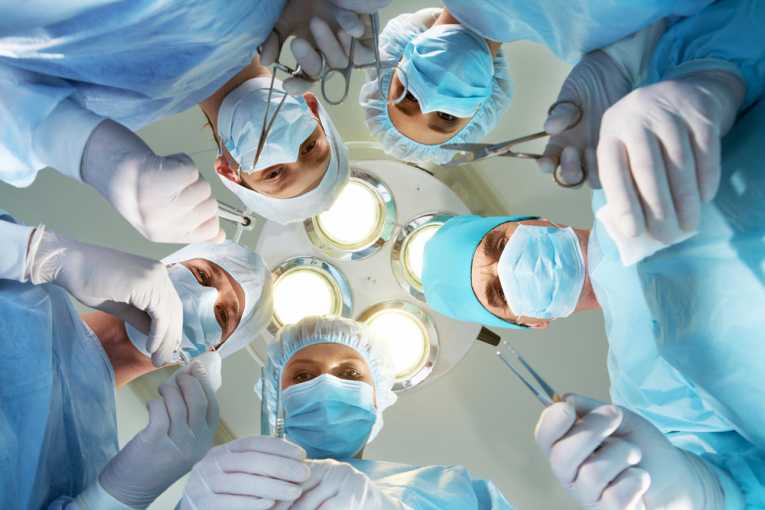Medical science continues to advance. Improved drug technology and the development of organ transplant techniques have meant that countless numbers of people are alive today, who would otherwise have died.
Improvements to the quality of life have been spectacular, particularly in the case of transplant surgery. People who a generation ago would have died, or had become hopeless invalids, have been restored to active life after being fitted with artificial joints or transplanted internal organs, such as heart, liver and kidneys.
As medical science continues to advance, newer, better, less painful and less risky treatments are constantly being introduced.
Unfortunately, as with every equation, there is often a downside. Medical science has brought undeniable benefits to many, but to some it has introduced a whole new range of risks.
A recent study of UK maternity deaths has shown a worrying rise, particularly in London. Research published in the UK medical journal The Lancet, found that maternal mortality in London had risen from fewer than 10 deaths per 100,000 maternities in 2005/2006 to 20 deaths per 100,000 in 2010/2011. The average rate for maternity deaths outside London is 8.6 fatalities per 100,000.
There are a number of reasons for this. For a start the figures tend to be a little skewed because one in five babies born in England is born in London. London treats more women with complex health needs, coupled with the fact that it has more women from black and minority ethnic backgrounds who are traditionally harder to reach and who often wait until later in their pregnancy before seeking access to medical services.
But one of the identified reasons is that there is now a definite trend for women to become pregnant when they are older, either through choice, or because medical advances, including more sophisticated fertility treatments, have made this possible. It is an unfortunate fact that the risk level of childbirth rises with age.
People are now living much longer than in former years and while this is undoubtedly due in a large part to a healthier lifestyle, in many cases it is helped by medical intervention.
While there is nothing wrong with taking a few pills each day to ensure continuing good health, there is a world of difference between that and the tendency to keep alive very sick people who might otherwise have quietly passed away.
Severe head injuries can cause patients to become "brain dead", but they can be kept alive in what is known as a persistent vegetative state, sometimes for many years.
Other people, suffering intolerable pain in the latter stages of terminal illnesses, develop infections that in the past would have killed them. These infections are now commonly treated with antibiotics that kill the infection but prolong the patient's misery.
Doctors have an overriding duty to preserve human life, but in many cases they know that they are simply prolonging the agony, not just of the patient, but the patient's friends, relatives and carers. They have the ability to put patients out of their misery and while many patients beg for this to happen, certainly in the UK it is strictly illegal. Even assisting a person to take his or her own life constitutes the offence of "unlawful killing".
Euthanasia, which literally means "good death" has recently come to specifically mean "mercy killing" or wilfully putting someone to death to prevent prolonged suffering. In some countries this is allowed, but there must be a number of careful controls.
The chief one must obviously be that the person concerned has a true and overwhelming desire for life to end, but even this is not straightforward. A debilitating disease, for instance, might have removed the ability to communicate, so there would be no telling what action the person would wish to be done on their behalf.
Those opposed to euthanasia point out that as a result of medical advances, care for the terminally ill has improved out of all recognition. Those in favour of euthanasia counter this by saying that medical science has simply prolonged the agony of terminally ill people by making them live longer.
There is no easy answer to this. We live in a world of scientific advance, much of which has brought tremendous benefit to mankind. Developments in medical science have undoubtedly made a massive impact on the lives of many people, simple by extending their lives or by giving them back years that would otherwise have been lost.
Regrettably these developments have also given other people additional years that they would rather have done without.
To a young person the traditional life-span of "three score years and ten" might seem like time enough, but those who have reached that age, and are still outwardly fit and healthy, will be quite happy for medical science to keep them going for a little bit longer.










